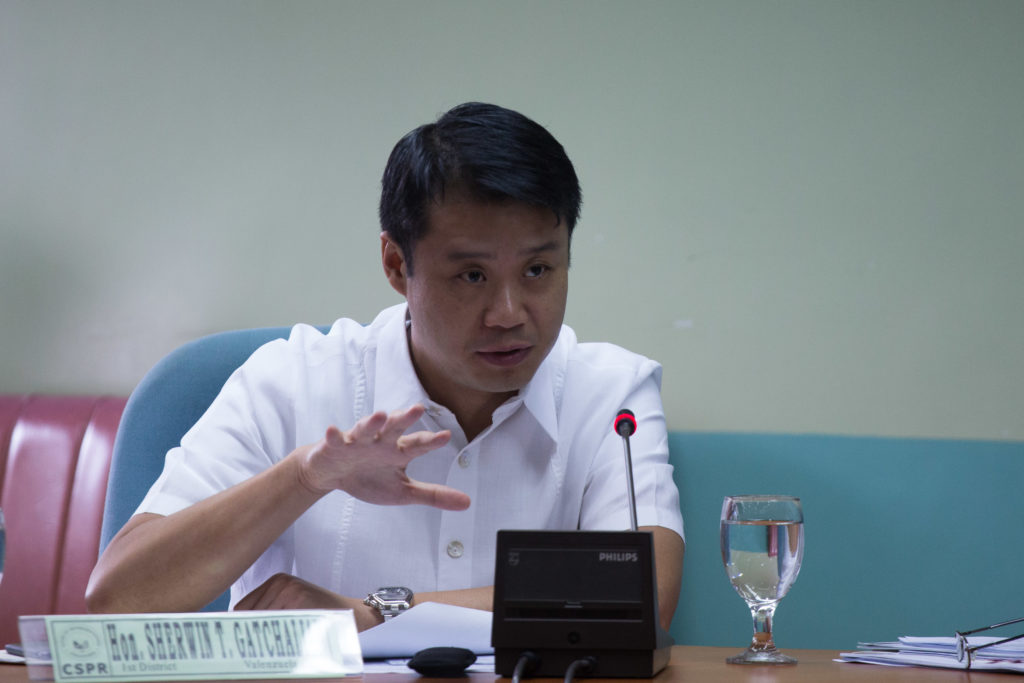Gatchalian pushing for P750-M assistance fund for ECs, hits DOE for lack of protocol
- January 20, 2017
- 1

Gatchalian, who chairs the Committee on Energy, said he is confident that Senate Bill no. 1253 or the Electric Cooperatives Disaster Management Fund Act will be passed.
“We’re going to form a technical working group since there are no major oppositions. The schedule we’re targeting is by budget season, which is second quarter of this year, so we’ll have funding for 2018,” he said after a committee hearing on his proposed bill yesterday.
Under the bill, P750 million in funds will be allocated to help electric cooperatives in their effort to restore their power facilities after natural disasters. The funding can also be used for disaster vulnerability risk assessment and in creating an emergency response plan.
“Our electric cooperatives play a significant role in the electrification of our country, and that is why this committee is trying to address this: because anything can happen, anytime,” Gatchalian said.
However, he expressed dismay over the Department of Energy’s (DOE) lack of disaster response protocol in helping ECs recover from typhoons despite an average of 20 typhoons hitting the country every year.
DOE director Cesar dela Fuente during the hearing admitted that they do not have a protocol for disaster mitigation and preparedness.
Dela Fuente said the agency has released a circular during the end of 2016 that tackles the guidelines for disaster preparation, management, and rehabilitation in the sector.
The circular is currently under review by the DOE’s legal unit.
“The DOE is the overall guardian of the energy sector, and yet you are doing nothing to help electric cooperatives prepare for and respond to calamities,” Gatchalian said.